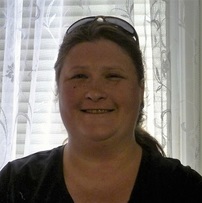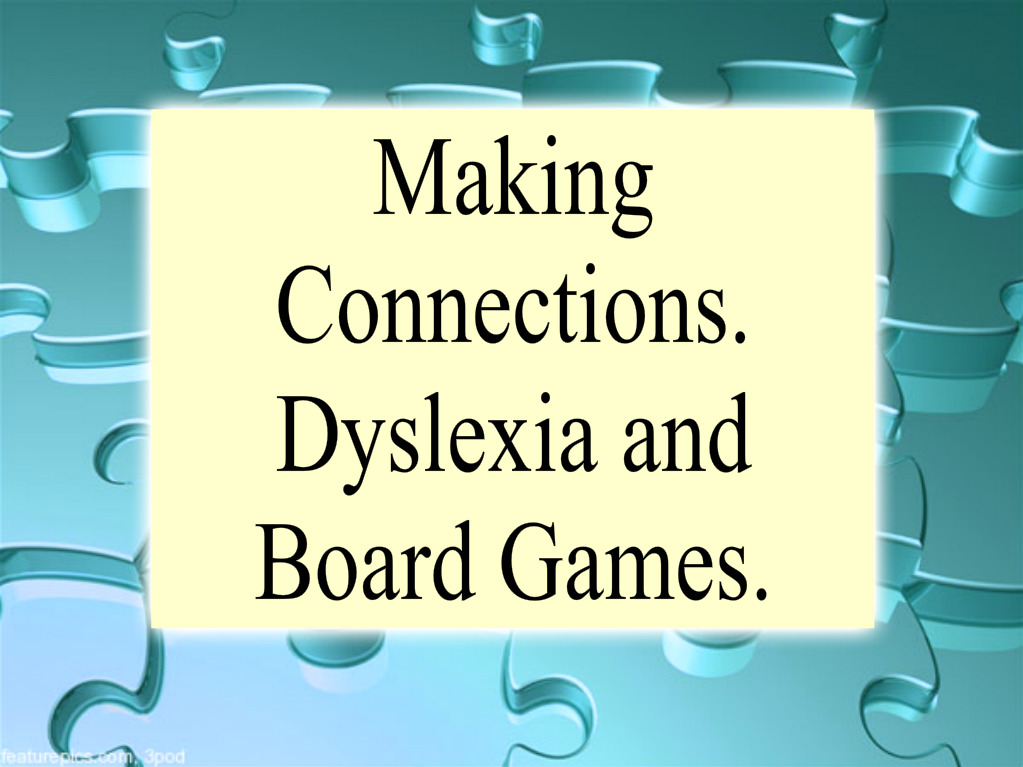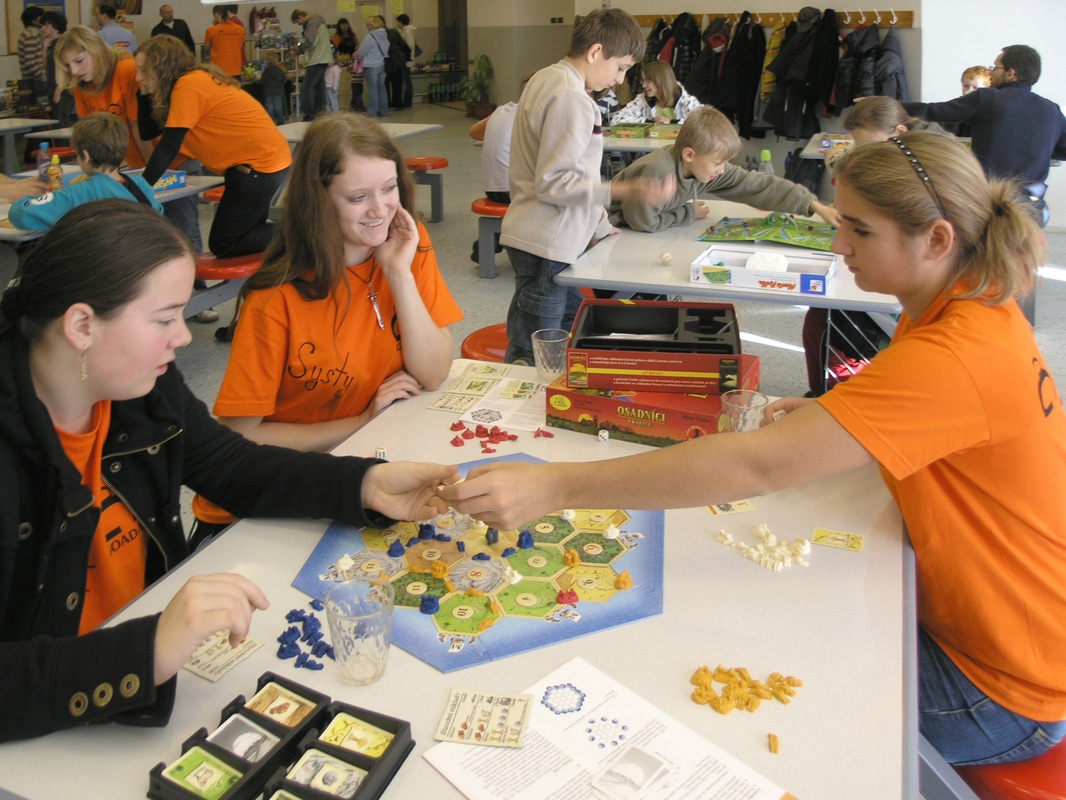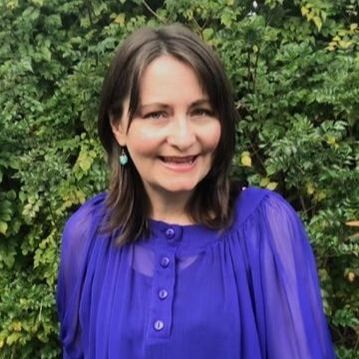|
If two years ago that you had said to Leanne Lade that she would learn over 200 board games (and counting), she would have said you were mad. Yet that is what she has done. Why? Why would someone with severe Dyslexia even bother learning these games? And then, go out into the community—including schools and churches—to teach others how to play them? Eighteen months ago, Leanne wanted to feel more connected with her husband. She discovered a blog by a woman wanting to experience more connectedness in her marriage. This lady had found the not your ‘run of the mill,’ board games. This lady from the blog and her husband, started playing board game for their Date Nights, instead of watching T.V. and not communicating. These games were not found in the usual stores like Big W, Target and K-mart. Intrigued, Leanne noted that in the blog the lady had listed the games. Leanne bought a couple of those games, thinking that they would also be fun for their kids to play too. These games created the opportunity for connectedness and open the lines for communication between her and her husband, and their children got involved too. She discovered that these games challenged and encouraged team playing, and they were suitable for all different ages and abilities. In Leanne’s words, “It’s not about winning. It’s about having a go, and showing love respect, and co-operating with each other. With these games you learn to play together. The purpose of these games is to have fun, and connections are made between people.” “It’s not about winning. It’s about having a go, and showing love respect, and co-operating with each other." Leanne Lade  Leanne Lade Leanne Lade Leanne found that she wanted to share this discovery with others. Struggling with the girls’ readers, but wanting to help out in class, her daughters’ teacher found out Leanne’s passion for board games. The teacher jumped at the chance to have her run a session in the class. Leanne showed them the games she thought were age appropriate, and, as they say, the rest is history. Leanne now goes into her daughters’ class on a regular basis, to teach the students some games with the focus being on play. Her aim is that “the kids are encouraged and supported to succeed in having fun.” Some children do not how to just simply play or how to positively interact with others, or how to be a good winner or a good loser. So they learn how to do this through play. They learn to work together, and it helps them develop socially, with all its ups and downs. At the same time, they (the students) are learning that they can read, and do maths.” So how does this all work in a school setting? The students are split into small groups. Due to the small attention spans of this age group, as well as to keep things interesting, the games are rotated every twenty minutes. Leanne takes each group and teaches them a game, and tries to encourage everyone. She also makes sure that everyone is included, and succeeds in playing the game. The kids are always excited. Leanne has broadened their gaming horizons with Superfarmer, Tenzi, and Qwikle. “They (the kids) get so excited and don’t want to leave,” Leanne said. “One student actually begged me not to go. He was having so much fun. And then he asked when I was coming back.” "Don't go! When are you coming back?" A student from Leanne's daughters' class. Leanne has taken this further than her daughters’ school. She has taken this into the community, running games nights at a local church, where they have people from ages four to eighty coming along. “We even have a blind lady coming along.” Leanne has helped others learn the games, and they in turn have started teaching others. It is the classic ripple effect. Each person has gain confidence in themselves, and they in turn are feeling more connected to others in the community and are encouraging others. All this from a woman who struggles reading and writing. I firmly believe that when you can find something that you are passionate about, no matter what age you are, you will find new ways to look at things, connecting with others and the world around you, learn new ways of reading, gain confidence and have fun. Check out the interview from earlier in the year of Leanne and her daughters, to learn more about them, and how Leanne and her husband have fostered a love of reading even though two out of their three daughters have dyslexia. Dyslexia doesn't go away. It is lifelong. However, with appropriate help, encouragement and intervention, it can get easier. I have heard it said, "Confidence is key!" I believe this to be true. And gaining confidence is so much easier when you are having fun and enjoying the experience. Check out the Dyslexia Empowerment Week website for more about what dyslexia is, and links to the various organisations (if you live in Australia) that will give you further information and support. Like this? Please share with your friends.
0 Comments
Your comment will be posted after it is approved.
Leave a Reply. |
AuthorOn my blog you will find: Categories
All
Click to set custom HTML
|



 RSS Feed
RSS Feed